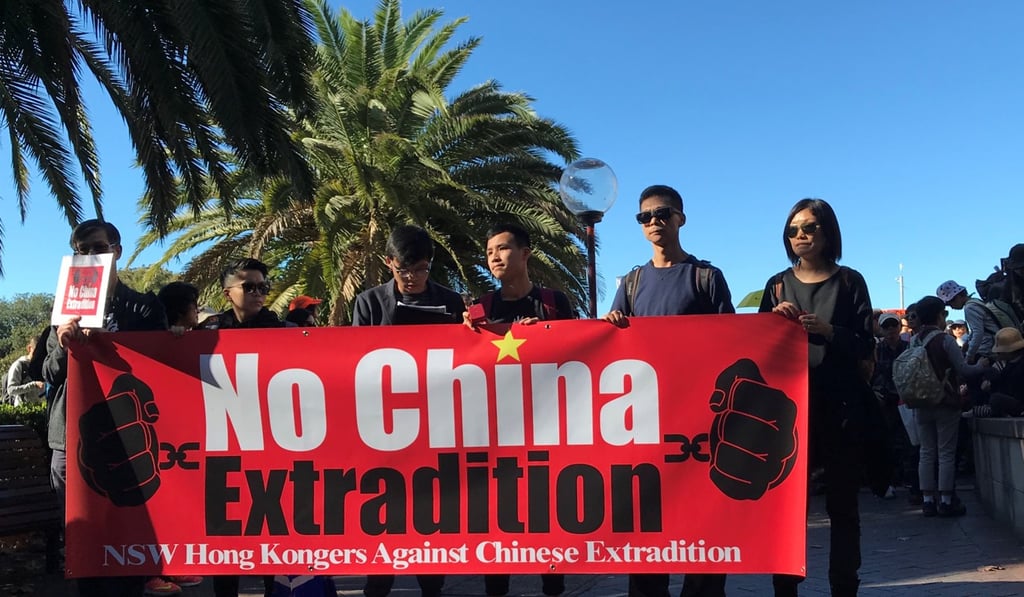Advertisement
Chinese-Australian group to rally against Hong Kong protests
- The ‘Hong Kong No Riot’ event in Sydney calls on Chinese-Australians to resist efforts by the ‘outside world’ to split Hong Kong from China
- Its organisers say Western media coverage of the pro-democracy protests has caused discrimination against them
Reading Time:3 minutes
Why you can trust SCMP

A group of Chinese-Australians are planning to rally on Saturday against Hong Kong’s pro-democracy protests, calling for a return of law and order in the city and an end to what they say are biased portrayals of China in Australia.
In the latest sign of unrest in Hong Kong rippling overseas, the group will demonstrate in downtown Sydney to denounce what they say are riots that have challenged China’s sovereignty and prompted discrimination against them in Australia.
The “Hong Kong No Riot” event calls on Chinese-Australians to resist efforts by the “outside world” to split Hong Kong from China, taking aim at pro-Hong Kong democracy events at Australian universities and Western media coverage of the protests.
Advertisement
Hong Kong has been rocked by nearly three months of unrest over a now-shelved extradition bill, with the city’s airport this week becoming the latest battleground for violence between protesters, police and mainland Chinese.

Advertisement
The bill, which was suspended in June in the face of fierce public opposition, would have allowed the transfer of criminal suspects to mainland China, where critics say a fair trial is not guaranteed.
Advertisement
Select Voice
Choose your listening speed
Get through articles 2x faster
1.25x
250 WPM
Slow
Average
Fast
1.25x